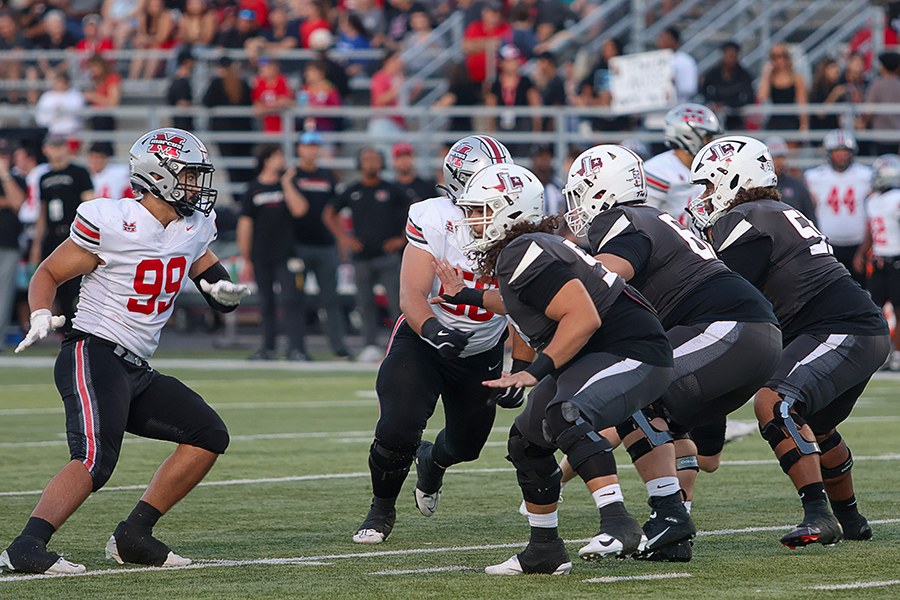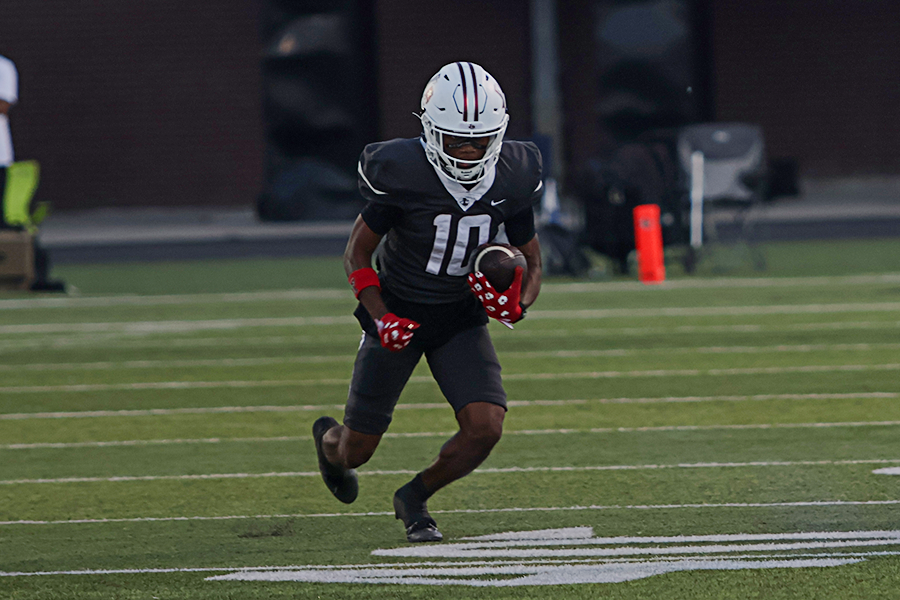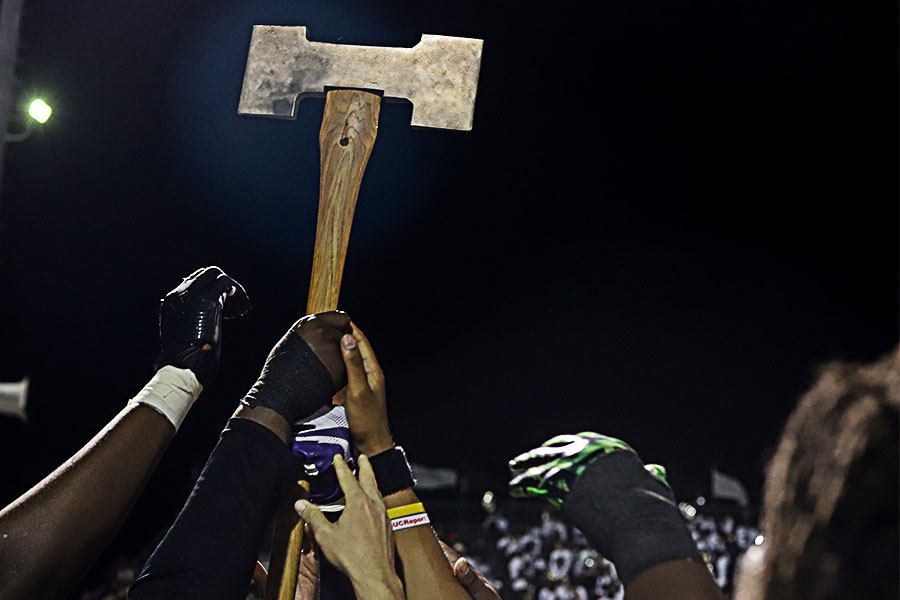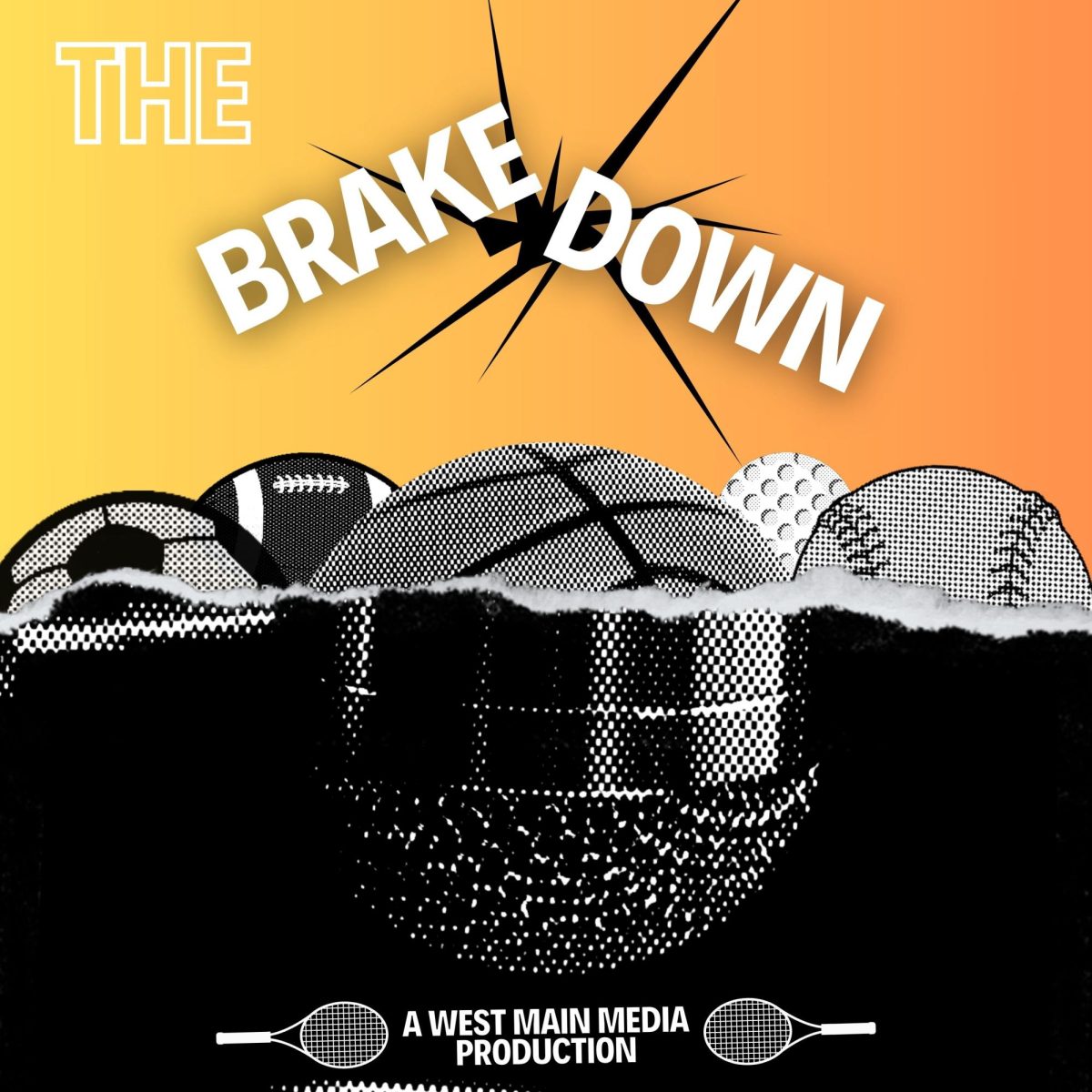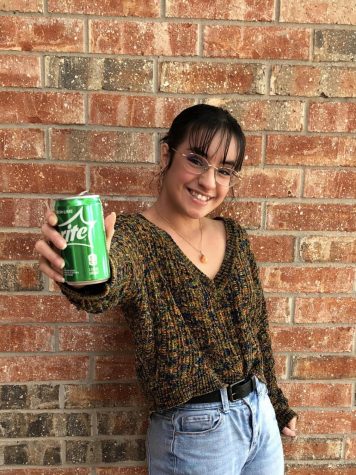As Election Day approaches, citizens all throughout the country make their way to nearby polling sites. Despite a majority of high school students not being of voting age, the select few who are have vocalized the importance of voting. Students and teachers alike feel staying silent during this time is not a viable option.
“To those who feel that their vote is useless, it’s not,” senior Shawn McConnell said. “Go and vote because your voice and your decision of victors decides your future. No landslide win guaranteed. If you want a certain candidate to win, you cannot bank on others to show up and win it for you. History is being written day to day in our world and we want to see a positive change in our communities and country with the new or returning leadership.”
On the same day as his 18th birthday, McConnell participated in early voting. He felt it was his obligation as an American citizen to vote during a pivotal point in American history. Early in the morning, McConnell set out to the Hedrick House, a nearby polling site. Once there, he took notice of all the precautions taken to ensure the safety of voters and the overall quick process.
“There were not a lot of people there when I showed up, maybe around 10 in total,” McConnell said. “Regardless, many plexiglass screens were present to divide the poll workers and the voters. There were also quite a few sanitizing stations and cleaners for the pens used. Going to vote early helped avoid longer lines and potential risk of COVID-19 transmission.”
This election year has been unlike any other. From working in a pandemic to witnessing a Black Lives Matter protest, senior Kathy Reyes has experienced it all. As a minority in America, Reyes advocates for human rights and is highly interested in politics. Policies made by the government could directly affect her, along with other minorities in the country. Because of this, she has emphasized on the importance of voting.
“Every [election] has been important,” Reyes said. “This year is crucial because people have started realizing many of our rights are in jeopardy. Voting can help various communities and minorities, as well as introduce new policies to take care of our world. Not only that, but it is clear that this pandemic needs a resolution and it doesn’t seem like we’re currently getting there at all.”
Keeping his future in mind, McConnell believes young people are a vital part of this election. Although he is glad to see an increase in people voting, he thinks there is still progress to be made.
“I think it is essential for young people to vote if they are able,” McConnell said. “Since they make up such a large portion of the able voters, their decision to vote can potentially shift the results. As a young voter, I feel it is also important to vote to decide how my future will soon be played out.”
Despite being held in the middle of a pandemic, Texas has already surpassed the total votes cast in 2016. Between Oct. 13 and Oct. 30, it was recorded that close to 9.7 million registered voters already cast their ballot. Government teacher Cortney Haynes believes various factors, including social media, have contributed to this high voter turnout.
“I think social media has been a strong force for all populations, but especially in terms of younger generations becoming politically active,” Haynes said. “Individuals with significant amounts of fame are using their accounts to publicize political issues, and this filters down to the young people that follow them. It’s really exciting to see people get energized and realize elections impact so many facets of their lives.”
Leading up to Election Day, students’ questions and newfound interests in politics has not gone unnoticed by Haynes. Questions ranging from voter registration to political ideologies have become topics of conversation, both in and out of the classroom.
“I like to let history speak for itself,” Haynes said. “I present the issues the country has faced throughout the years, and then how people have responded in different ways. Students are quick to recognize parallels to right now, and I like being able to show them past examples for how they, as individuals, or collectively, can use different methods to make change.”
Although there has been a surge in young and first-time voters, there are still those who firmly believe their votes don’t count. Not voting puts them in a position of neutrality; they aren’t voting for anyone so if something goes wrong, they won’t feel guilty for electing that candidate. Millions of people hold this mindset, and Haynes thinks this ends up being harmful as it does not properly represent what the people want.
“[Voting is] super important,” Haynes said. “The first three words of the Constitution say ‘We the People’ intentionally. The votes are what keep the government reflecting the will of the people. The government cannot accurately do this without the full ‘We’ participating in the elections and holding them accountable. I always tell students the government cares about the votes. So vote, and they care what you think, and therefore make policies you wish to see.”

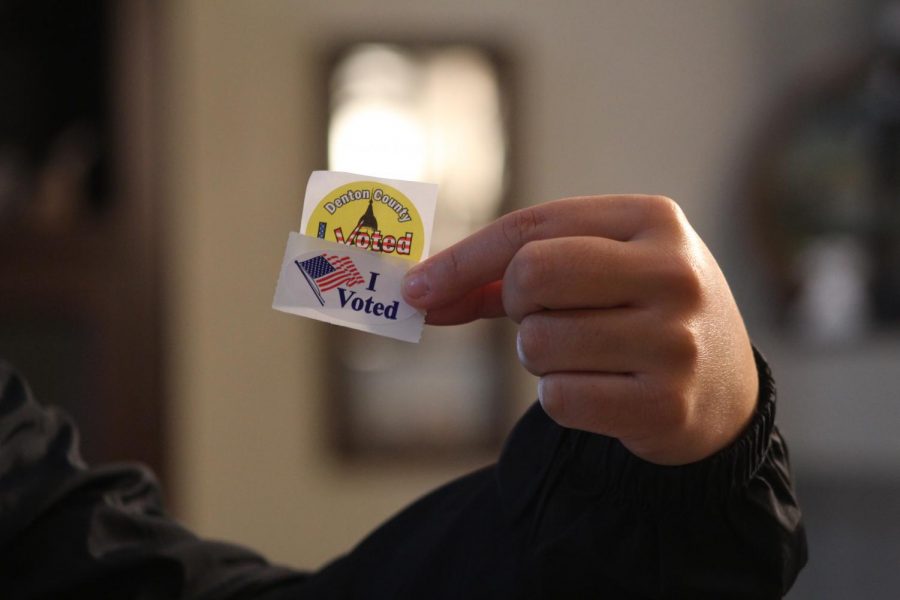
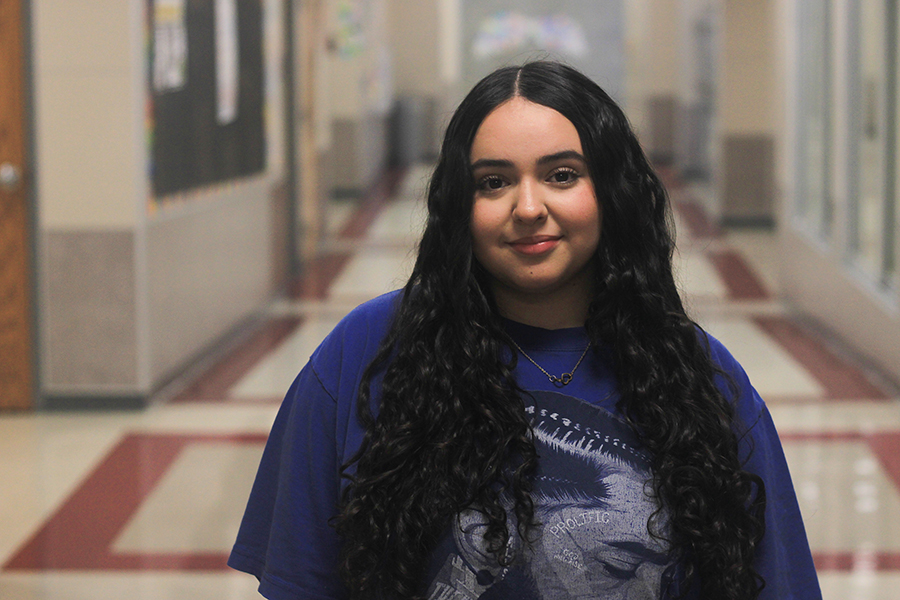
!["I hope to become fond [of] and understand the new dynamic of a life where I don't really have boundaries set by another person, but rather more of a liberal freedom."](https://farhar.net/wp-content/uploads/2025/05/topten9.jpg)
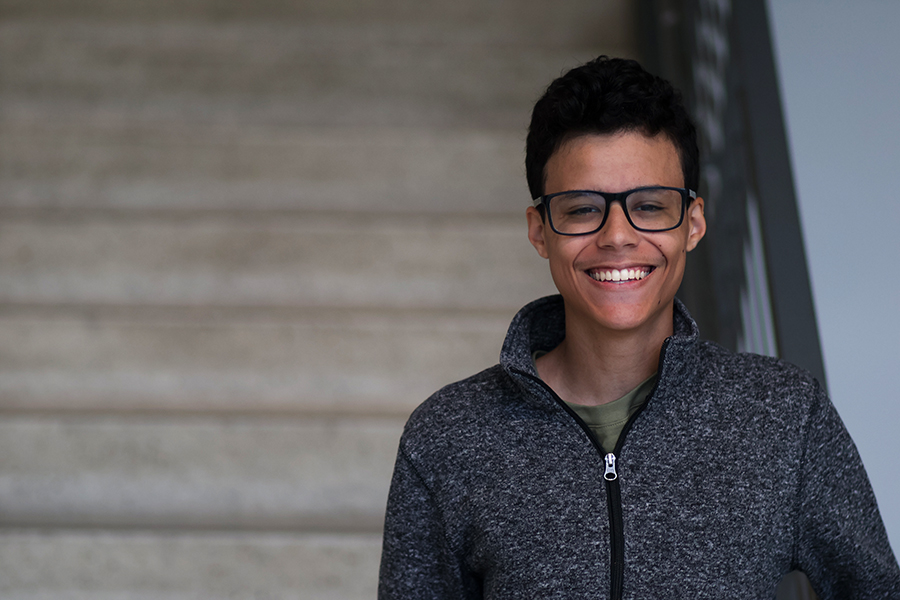
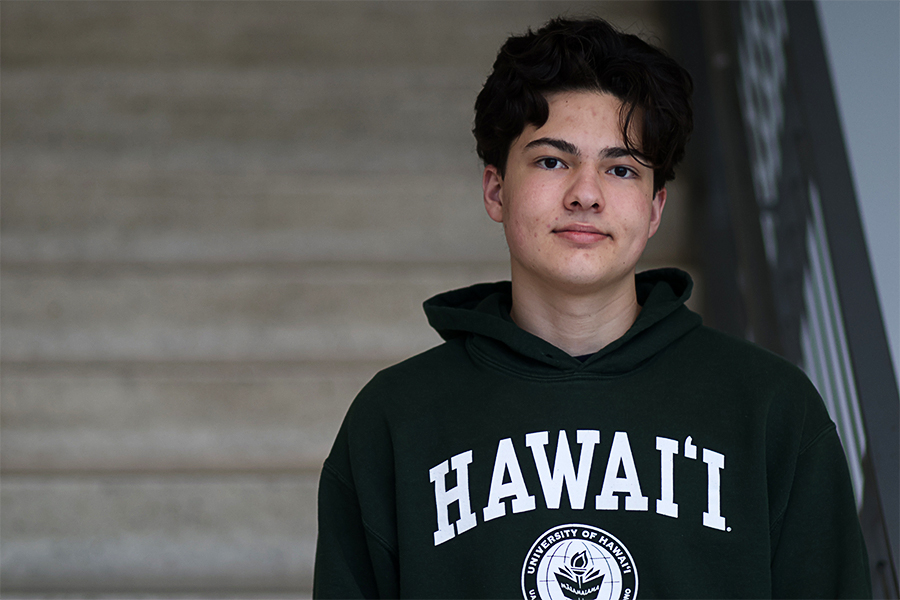
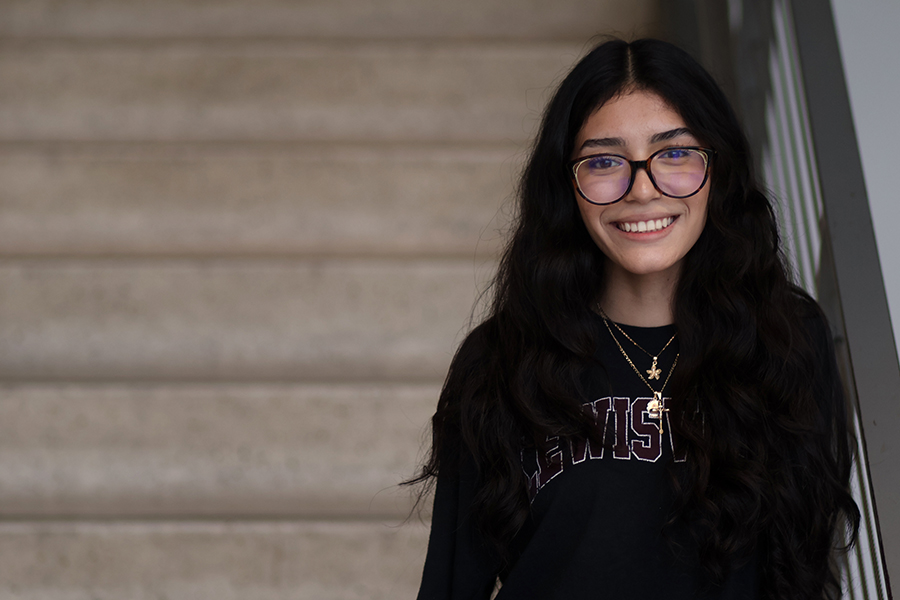

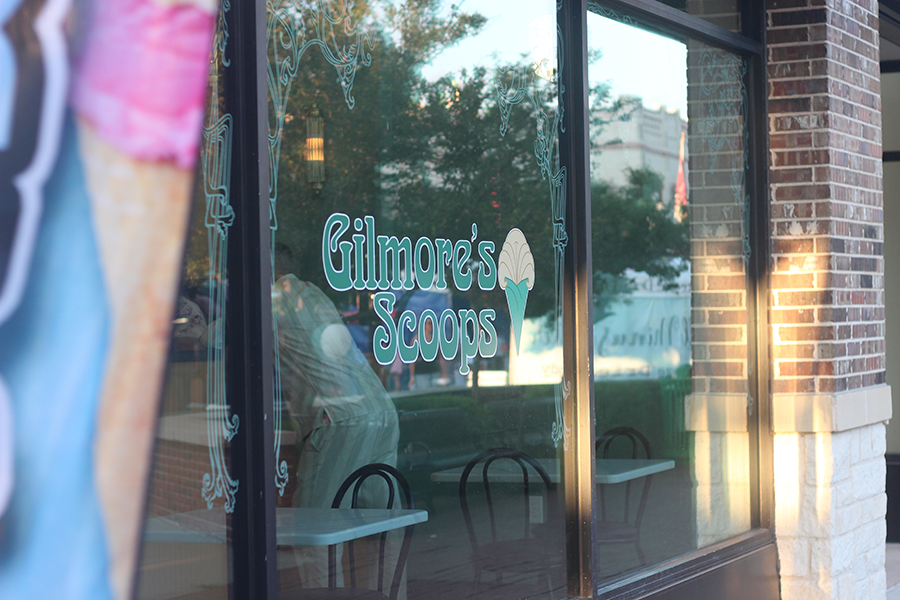
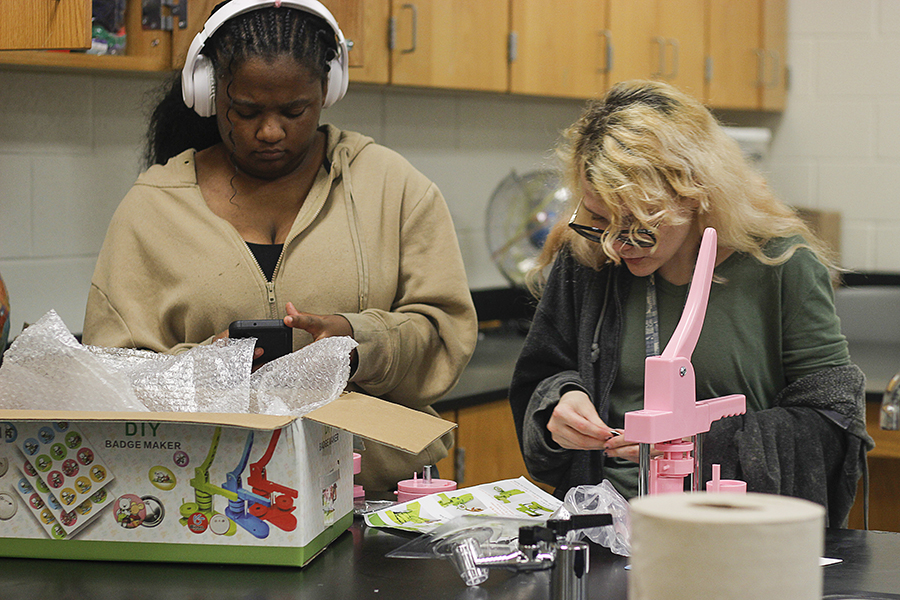
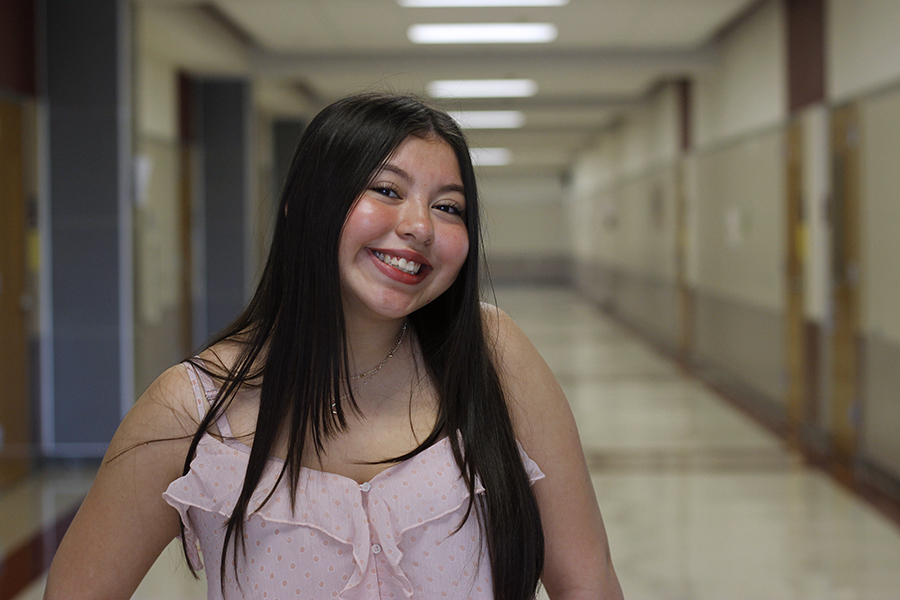


!["Learning is a really important aspect of high school – that's why we're here. I think the whole top ten thing can also encourage somebody [to] focus on grades and not the actual learning."](https://farhar.net/wp-content/uploads/2025/05/topten6.jpg)
